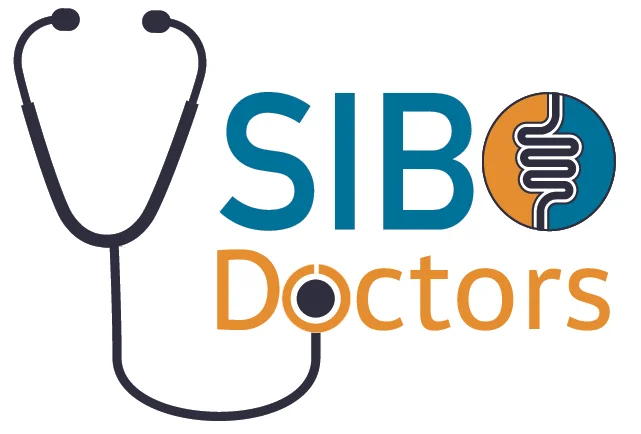What is Stress?
Stress is defined as an acute threat to the homeostasis (balance) of an organism. It may be classified as real (physical, such as pain) or perceived (psychological, such as work deadline) and posed by events in the outside world or from within. Our nervous system is unable to differentiate the stress of trying to pay bills following the loss of a job, dealing with a death in the family or trying the balance the many commitments of work and family life. The physiological response for all the scenarios is the same. Stress, evokes adaptive responses that serve to defend the stability of the internal environment and ensure our survival.
The Nervous System
The autonomic nervous system (ANS) is the part of our nervous system that is automated, meaning that it occurs without one having the think about it. We don't have to tell our heart to beat, or our lungs to inhale - it happens behind the scenes. Stress activates our sympathetic nervous system (SNS), activating the “flight or fight response” during acute periods of stress. The SNS makes our heart beat faster, increases breathing, and our mental awareness. However, when the SNS is activated, the parasympathetic nervous system (PNS) is suppressed. This is of great importance because the PNS is responsible for our “rest & digest” response. The brain communicates with the gut through the ANS and the hypothalamic pituitary-adrenal axis (HPA), that make up the brain-gut-axis. There is strong evidence that exposure to stress is responsible for dysregulation of the brain-gut-axis leading to different diseases of the gut, including SIBO. The link between the gut and the brain is well established and is regulated primarily by the Vagus nerve (cranial nerve 10).
Stress and the Gut
Chronic stress affects numerous physiologic functions of the gastrointestinal tract including gastric secretions, gut motility, mucosal permeability and mucosal blood flow. In patients with SIBO, there is a dysfunction of the migrating motor complex (MMC). Stress down regulates gut motility by preventing the MMC from functioning through suppression. The MMC helps keep the small intestine relatively clean by functioning like a street sweeper, moving food, bacteria and other debris from the small intestine into the large intestine. Additionally, cortisol (our stress hormone) increases blood sugar, causing it to crash as well following the stressor. Ultimately, this yields the drop that can be associated with the desire to eat again. Frequent eating will reset the MMC and will not allow phase 3 (the most powerful of the phases) to be stimulated. Additionally, stress reduces the secretion of stomach acid, leading to increased colonization of bacteria within the small intestine.
Bottom line, when addressing SIBO, stress must be addressed to prevent recurrence.
If you or someone you know is dealing with chronic stress and has been diagnosed with IBS, SIBO testing is absolutely indicated. Testing for and treating SIBO, along with the other factors that are contributing to SIBO, is best done by a qualified SIBO Doctor to ensure it does not return.
References
Konturek PC, Brozozowski T, Konturek SJ. Stress and the gut: pathophysiology, clinical consequences, diagnostic approach and treatment options. J Physiol Pharmacol. 2011;62:591–9
Rhee SH, Pothoulakis C, Mayer EA. Principles and clinical implications of the brain-gut-enteric microbiota axis. Nat Rev Gastroenterol Hepatol. 2009;6:306–1. doi: 10.1038/nrgastro.2009.35.

